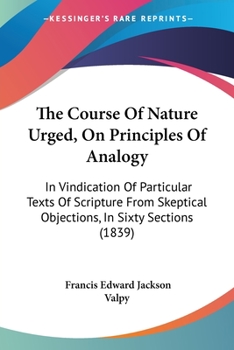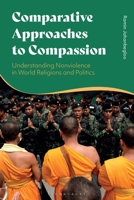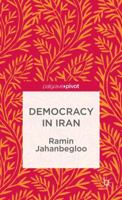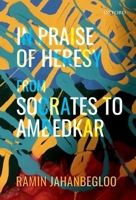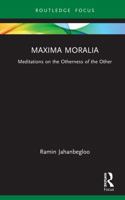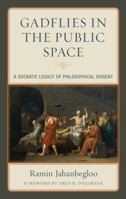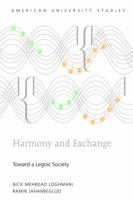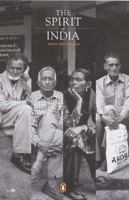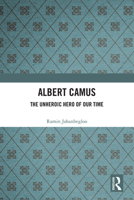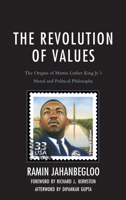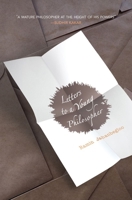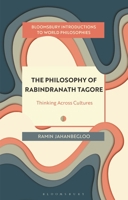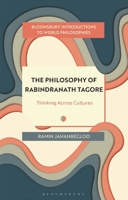The Course Of Nature Urged, On Principles Of Analogy: In Vindication Of Particular Texts Of Scripture From Skeptical Objections, In Sixty Sections
Select Format
Select Condition 
Book Overview
""The Course of Nature Urged, On Principles of Analogy: In Vindication of Particular Texts of Scripture from Skeptical Objections, In Sixty Sections"" is a book written by Francis Edward Jackson Valpy in 1839. The book is a defense of certain texts of the Christian Bible from skeptical objections, using principles of analogy and natural law. It is divided into sixty sections, each of which focuses on a particular passage of Scripture and the objections that have been raised against it. Valpy argues that the laws of nature and the principles of analogy can be used to explain and defend these passages, and that they are not, as skeptics claim, contradictory or irrational. The book is written in a scholarly and erudite style, and is intended for readers who are interested in the intersection of religion and science, as well as those who are seeking to understand and defend the Christian faith.This scarce antiquarian book is a facsimile reprint of the old original and may contain some imperfections such as library marks and notations. Because we believe this work is culturally important, we have made it available as part of our commitment for protecting, preserving, and promoting the world's literature in affordable, high quality, modern editions, that are true to their original work.
Format:Paperback
Language:English
ISBN:1437306403
ISBN13:9781437306408
Release Date:November 2008
Publisher:Kessinger Publishing
Length:292 Pages
Weight:0.87 lbs.
Dimensions:0.6" x 6.0" x 9.0"
More by Ramin Jahanbegloo
Customer Reviews
3 customer ratings | 3 reviews
There are currently no reviews. Be the first to review this work.










